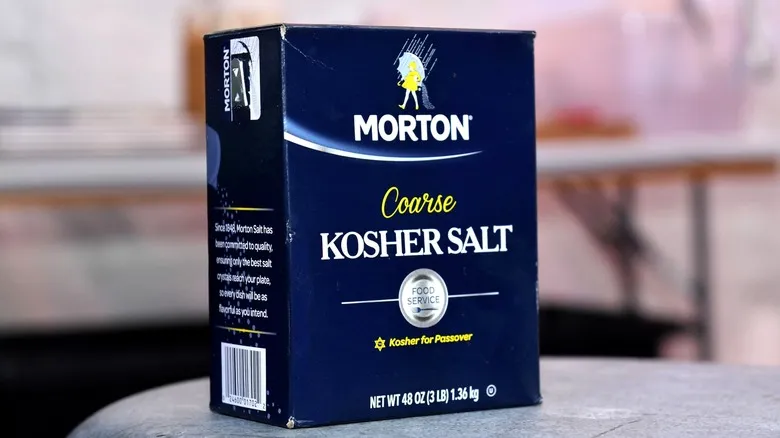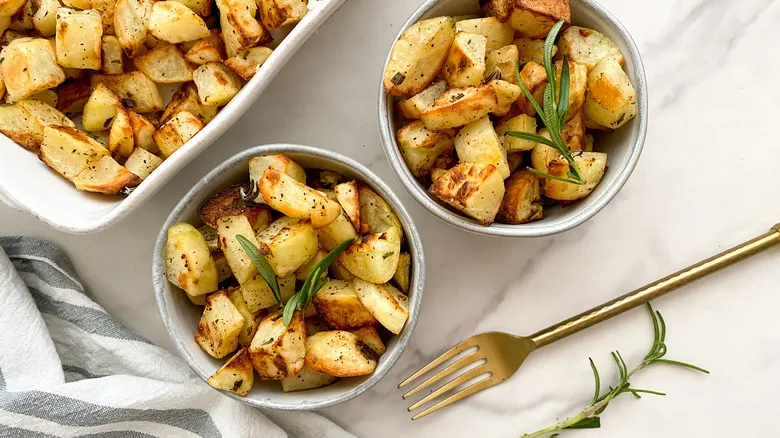The lowdown on kosher salt
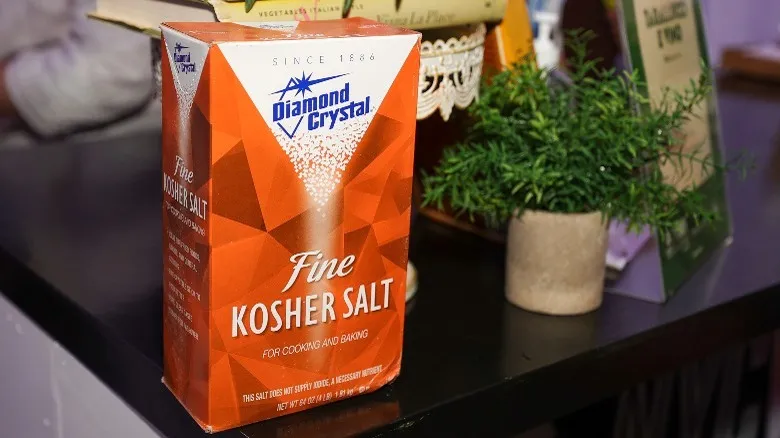
Kosher salt is primarily composed of sodium chloride and lacks additives like iodine, which is essential for human health and is found in iodized salt. This absence of additives might make it surprising that the flavor can vary between brands. Morton and Diamond Crystal each employ distinct methods to produce their kosher salt. Morton extracts its salt from extensive rock salt deposits using a process known as solution mining, while Diamond Crystal gathers salt from water through solar evaporation. Additionally, Morton salt contains calcium silicate, which acts as an anti-caking agent.
Kosher salt is one of the most adaptable salts and is a fundamental ingredient in many kitchens due to its purity. Chefs utilize it for various purposes, such as seasoning pasta water, curing salmon, or brining pickles. The Diamond Crystal variety easily crumbles when crushed between your fingers, resulting in a less abrasive texture on food. It is quite versatile. In contrast, Morton kosher salt has a chunkier texture, making it better suited for seasoning savory meats and vegetables before roasting. However, due to its poor solubility in liquids, it is not the best choice for baking. If you prefer simplicity with kosher salt, opt for Diamond Crystal, as it is easier to add salt than to remove it.
Recommended
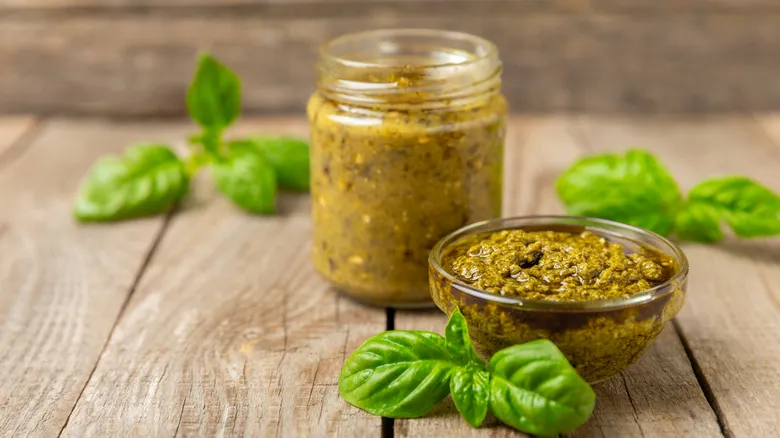
Elevate The Flavor Of Pesto With One Creamy, Salty Swap
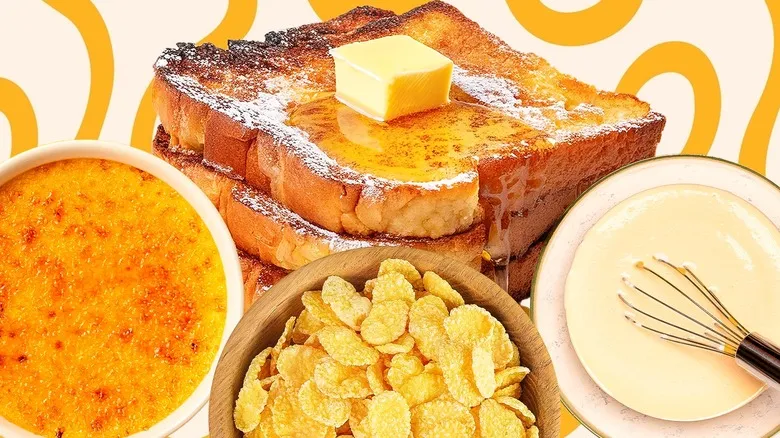
13 Ways To Upgrade French Toast

The Easiest Way To Get A Burger Blend That Delivers Rich Flavor And Texture

The Affordable Canned Way To Enjoy A Poke Bowl On A Budget
Next up

